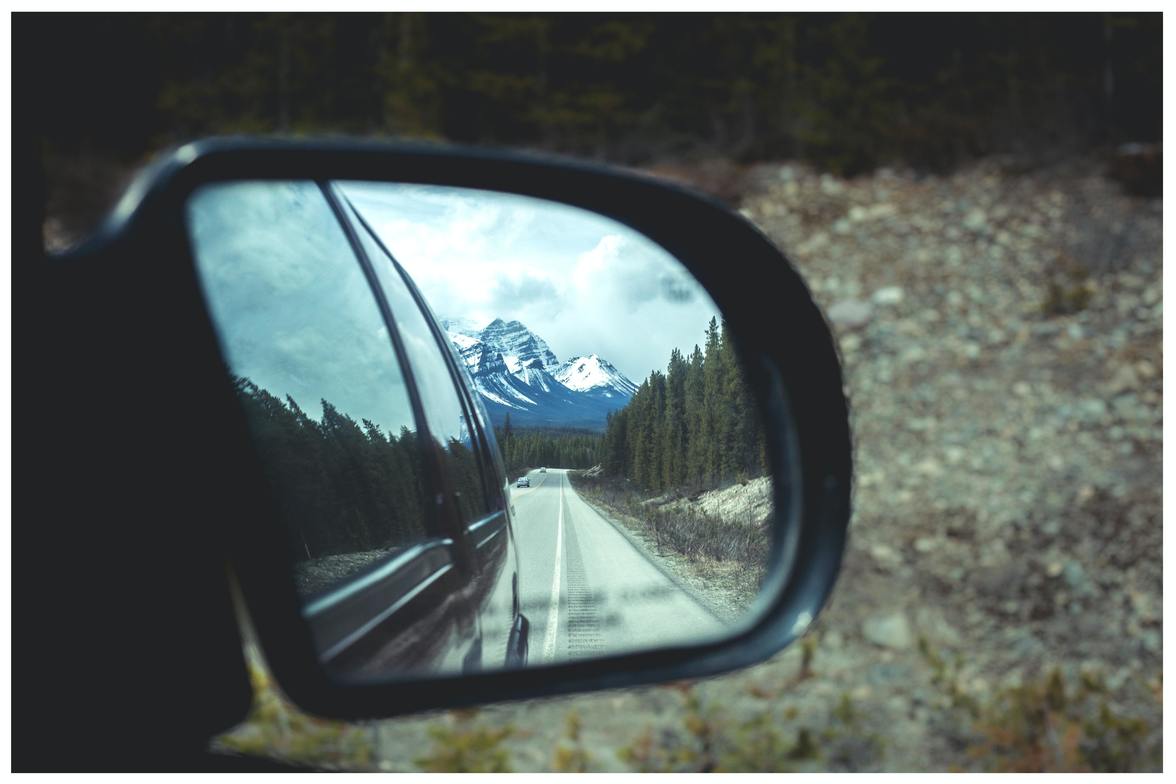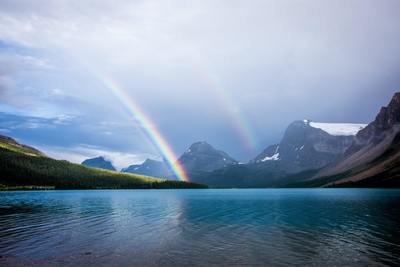
We’ve all heard the expression, “hindsight is 2020.” Ten-months-and-counting into this pandemic, and perhaps many of us would like to reframe this simple phrase? Something like, “2020 is in hindsight.”
Unfortunately, we find ourselves approaching a rather stark holiday season by normal standards. Strict restrictions on social gatherings have been reinstated, making holiday gatherings with extended family and friends impossible. This policy seems almost like appropriate punctuation, marking the end of a year of compounded loss.
Some of the loss we’ve experienced has been tangible – loved ones have passed, jobs have been cut – some of our losses have been easy to identify. Yet, much of the loss we’ve experienced collectively has been less so. It has shown up in the form of lost opportunities (e.g., to connect with others; to create fun, memorable experiences), or in the form of strains on our depleted reserves of hope.
Yes, we’ve shifted more to online hangouts. Yes, we’ve mastered the staycation. Yes, we’ve found workable solutions to some of our challenges. But as the only child of aging parents who live in Ontario; who I’ve not seen for a year and who I may not see for some time yet, there’s this strange feeling that cannot be named except to call it ‘surreal.’
…Or perhaps we might call it grief?
Lest we forget, 2020 was a year defined not only by a global pandemic; it was perhaps more like the opening paragraph from a famed novel:
“It was the best times, it was the worst of times, it was the age of wisdom, it was the age of foolishness, it was the epoch of belief, it was the epoch of incredulity, it was the season of Light, it was the season of Darkness, it was the spring of hope, it was the winter of despair, we had everything before us, we had nothing before us, we were all going direct to Heaven, we were all going direct the other way – in short, the period was so far like the present period, that some of its noisiest authorities insisted on its being received, for good or for evil...”
-Charles Dickens, A Tale of Two Cities
Lest we forget, 2020 was the year of George Floyd; of Black Lives Matter, a year of serious introspection about the role and ethics of police in civil society. This theme had been evident here in Canada as well, before the pandemic hit, as Indigenous Peoples used civil disobedience tactics to disrupt rail service in protest of pipeline development through Indigenous lands. There was this wariness about the presence of police and military at those protests that seemed to hinge on questions about the use of martial law in Canada; a debate that was conveniently overshadowed by what came next.
Lest we forget, the police force was not the only system cast in the cultural spotlight. Ruth Bader Ginsburg died, an event which thrust the ethics surrounding the appointment of judges to the United States Supreme Court into the spotlight.
Of course, it was an election year. Or perhaps we might think of the election more as trial of sorts; one carried out (largely) in the high court of public opinion we know as Twitter. Lest we ever forget, 2020 was D. Trump vs. the World, making the 2008 US election debates look like friendly banter over coffee, in hindsight. Our American friends poured their collective grief and hope onto social media. We, in Canada, sat back and nervously watched.
Politics are always an iffy topic. We mention current events only to draw attention to the psychological impact. It does not matter where on the political spectrum you locate yourself; the point here is that you were inevitably affected by the events of 2020 and the emotional valence they carried, quite possibly to the point of questioning the very foundations of democratic society, and regardless of where you land in your opinions regarding the details.
It was perhaps this turbulent political, economic, and social backdrop that made 2020 and its infamous pandemic the perfect crucible for a year of compound loss to emerge in our collective experience. Our personal experiences in 2020 arise against a backdrop of high stakes ethical issues writ large.
What is to be done with the rich tapestry of human experience? How do we “cope” at this juncture? When 2020 is finally in hindsight, what will the phrase “2020 hindsight” actually mean? What will we look back upon and see with fresh eyes?
…Will there be anything positive to hang our hopes upon?
It is with this question in mind that we invite you to try something a bit different. Without ignoring your grief, your loss, your existential ennui, your frustration, your sense of powerlessness – whatever the words that capture the effects 2020 has had on you personally – what would it mean for you if 2020 could also go down in history as a year not of lost, but of unprecedented opportunity?
Put differently, what if you could re-write the story of 2020 from the standpoint of enlightened hindsight? For example, what would you say if the story you hold about this bizarre year was written to address questions such as these:
-
What new options were you given this year that did not exist previously? What new ideas, thoughts, behaviours, and relationships can you identify that weren’t with you before 2020?
-
If you were permitted only to write a list of things that went well in 2020, what small victories would you cite?
-
What good not only came of this, but could come of this, yet?
-
What actions did you observe on the part of other humans throughout this year of unfolding dramas that inspired you?
-
What choices are you most proud of this year?
-
What do you hope we will have learned from this, when we look back with perfect hindsight?
-
What are you willing and able to do, to bring that vision to life?
…If we could transform all our lost opportunities into a future of compounded gains, what is the opportunity this unique moment in time has invited us to seize? …
Or, what is the opportunity this unique moment in time has invited you, personally, to notice and seize? If the coronavirus pandemic of 2020 was a storm (as we’ve suggested previously), we invite you to search for the sun breaking through the clouds; if you search hard enough, you may even spot the elusive arc of a rainbow?
Listen closely to your inner wisdom as we approach the New Year. If you need help transforming the losses of 2020 into a vision of new opportunities and hope for happier times ahead, our team at Eckert Centre is here for you. We are available for phone, video, or in-office sessions. Just drop us a line at info@eckert-psychology.com. You may also book an appointment at www.eckertcentre.com.
Faye Gosnell is a Registered Psychologist with a background that includes training and experience in family therapy, EMDR, group therapy, psychoeducational assessments and coaching, teaching in university programs, research, and facilitating the development and implementation of a mental health strategy at a large post-secondary institution. In clinical practice, Faye supports families, adolescents, couples, and individual adults with a broad set of concerns. For more information, please visit: www.eckertcentre.com/users/faye-gosnell







